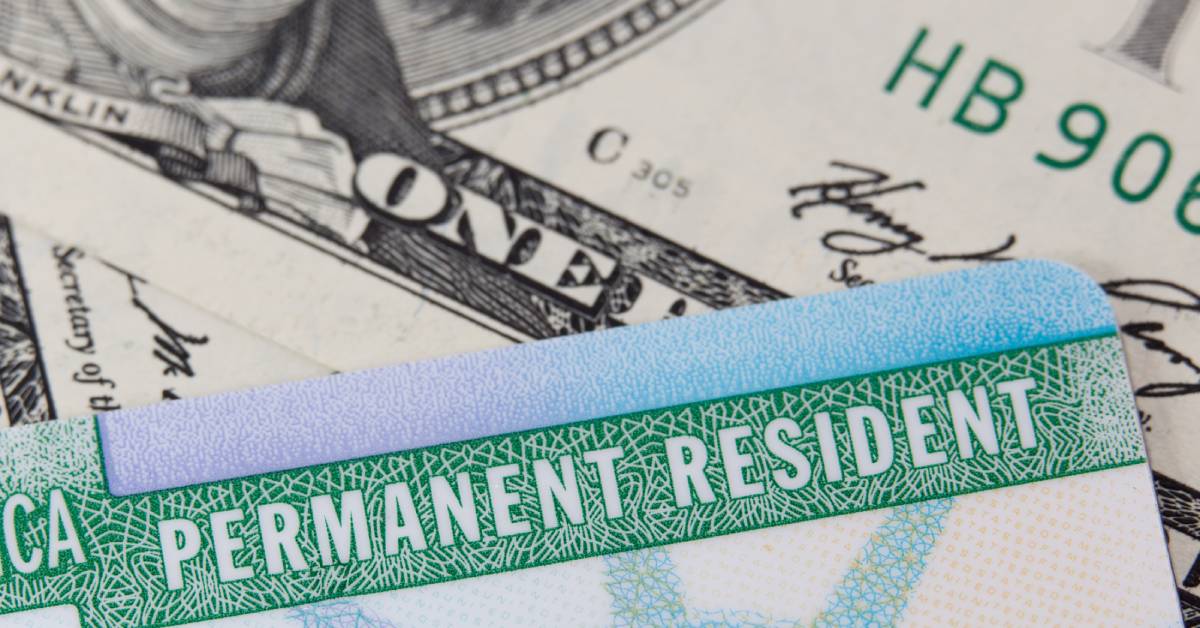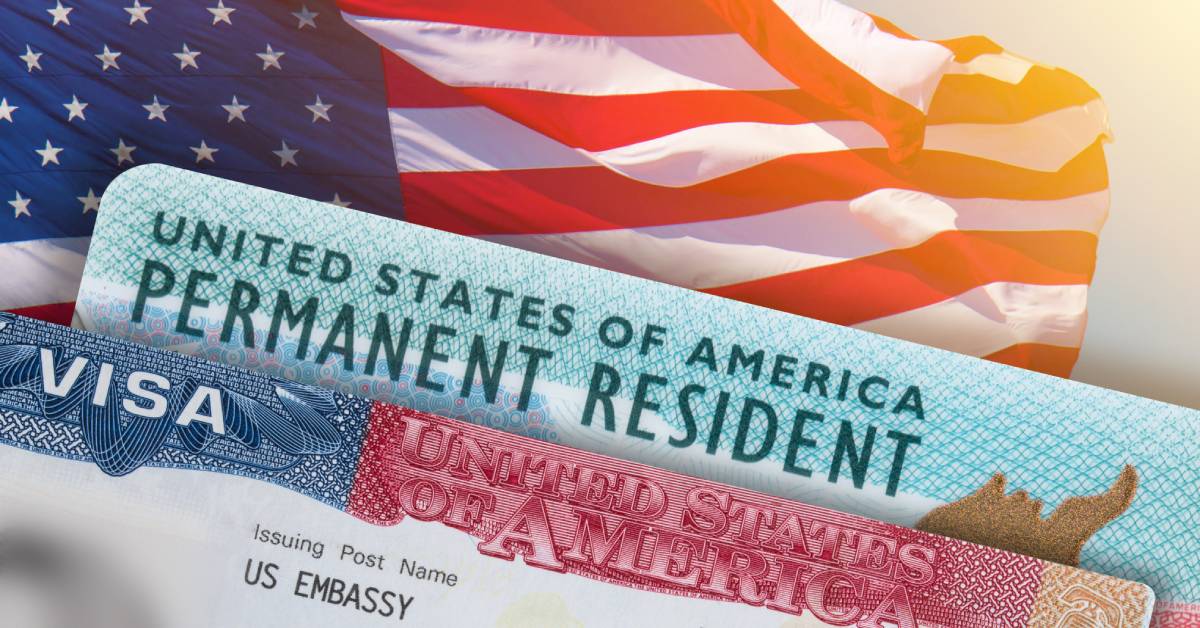
While country borders and distances often separate loved ones, the dream of reuniting with family members remains a powerful aspiration for many immigrants. A green card isn’t just a piece of plastic; it’s a beacon of hope and a bridge that brings families together. This guide will explore why green cards are great for family reunification, providing you with essential insights into the process, benefits, and common misconceptions associated with obtaining one.
The Significance of Green Cards
Green cards, officially known as permanent resident cards, offer more than just legal residency in the United States. They represent the possibility of building a life surrounded by your loved ones. For immigrants, the process of securing a green card for themselves or their family members can lead to a brighter, more stable future. This is especially relevant in a country that values family bonds and recognizes its role in creating strong, vibrant communities.
Bringing family members to the US through a green card isn’t merely an administrative process but a life-changing event. It allows families to live together under one roof, celebrate milestones, and support each other through life’s ups and downs. The emotional and social benefits of family reunification are immeasurable, making green cards an essential tool for many immigrants.
Understanding the importance of green cards in family reunification is the first step toward navigating the complex process. A green card can help you bring your family closer, fostering a sense of unity and belonging.
Categories of Green Cards for Family Members
There are several categories of green cards available for family members, each with specific eligibility criteria and application processes. Understanding these categories is crucial for determining the best path for your family’s reunification.
The immediate relatives category is one of the most common and widely used pathways. This category includes spouses, unmarried children under 21, and parents of US citizens. The advantage of this category is that there are no annual limits on the number of green cards issued, making it a quick and efficient route for family reunification.
Another important category is the family preference category, which is divided into several preference levels. These include unmarried adult children of US citizens, married children of US citizens, and siblings of US citizens. Each preference level has its own set of rules and annual limits, so understanding where your family members fit is essential.
Lastly, there is the K-visa category, which is specifically designed for fiancés and spouses of US citizens. This category allows the foreign fiancé or spouse to enter the US and apply for a green card, facilitating the reunification process without prolonged separation.

Eligibility Criteria and Application Processes
Navigating the eligibility criteria and application process for each green card category can be daunting, but breaking it down into manageable steps can make it more accessible.
For the immediate relatives category, eligibility is straightforward. US citizens can sponsor their spouses, unmarried children under 21, and parents. The application process involves submitting Form I-130 (Petition for Alien Relative) and providing necessary documentation, such as proof of relationship and financial support.
In the family preference category, eligibility and application processes are more complex due to annual limits and priority dates. For example, unmarried adult children of US citizens fall under the F1 preference, while married children are in the F3 category. Applicants must wait for their priority date to become current, which can take several years, depending on the demand.
For those applying under the K-visa category, the process begins with filing Form I-129F (Petition for Alien Fiancé(e)). Once approved, the foreign fiancé or spouse can enter the US and apply for a green card by filing Form I-485 (Application to Register Permanent Residence or Adjust Status). This process ensures that couples can remain together while awaiting permanent residency.
Benefits of Holding a Green Card
Holding a green card offers numerous benefits for both the individual and their family members. Firstly, it provides legal residency in the US, allowing green card holders to live and work anywhere in the country. This stability is essential for building a secure and prosperous future.
Green card holders also have access to various social services and benefits, such as healthcare, education, and social security. This ensures that families can thrive and enjoy a high quality of life. Additionally, green card holders can travel in and out of the US more freely, making it easier to maintain connections with loved ones abroad.
Perhaps the most significant benefit is the pathway to US citizenship. After holding a green card for five years—or three years if married to a US citizen—individuals can apply for naturalization. This grants them all the rights and privileges of US citizens, including voting and eligibility for government jobs.

Common Challenges and Misconceptions
Despite the numerous benefits, the green card process can be fraught with challenges and misconceptions. One common misconception is that the process is quick and straightforward. In reality, it can be lengthy and complex, requiring patience and persistence.
Another challenge is the financial aspect. The application process can be costly, with fees for filing forms, medical examinations, and legal assistance. It’s essential to budget for these expenses and seek financial support if needed.
Additionally, some applicants may face delays or denials due to missing documentation or misunderstandings about eligibility criteria. It’s crucial to thoroughly research and understand the requirements for your specific category and seek professional guidance if necessary.
Finally, the fear of rejection can be overwhelming. However, understanding that rejections are not the end of the road and that appeals and reapplications are possible can provide some reassurance.
Bringing Your Family Together
Green cards are great for family reunification and building strong, supportive communities. By understanding the various categories, eligibility criteria, and benefits, you can confidently navigate the process and bring your loved ones closer.
Family reunification through green cards is more than just a legal procedure; it’s a pathway to a better, more connected life. With patience, determination, and the right knowledge, you can overcome the challenges and misconceptions to ensure that your family enjoys the security and happiness that comes with being together.
If you’re considering starting the green card process, don’t hesitate to seek legal counsel to guide you through the complexities. The goal is to bring your family closer and create a future filled with love and support.
At Gahagan Law Firm, we can help you complete your green card application. As a highly experienced FOIA lawyer, Mr. Gahagan will ensure you have all the necessary documentation and records for your application. Contact us today to learn more about our services—we look forward to working with you to achieve your immigration goals.
